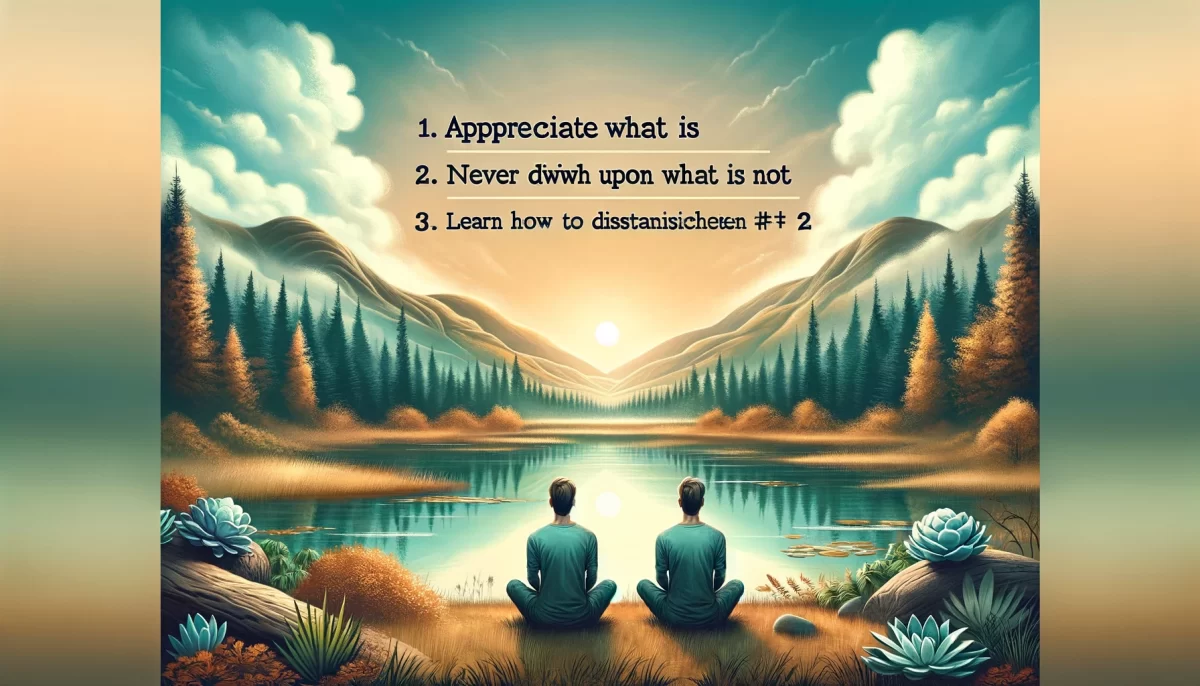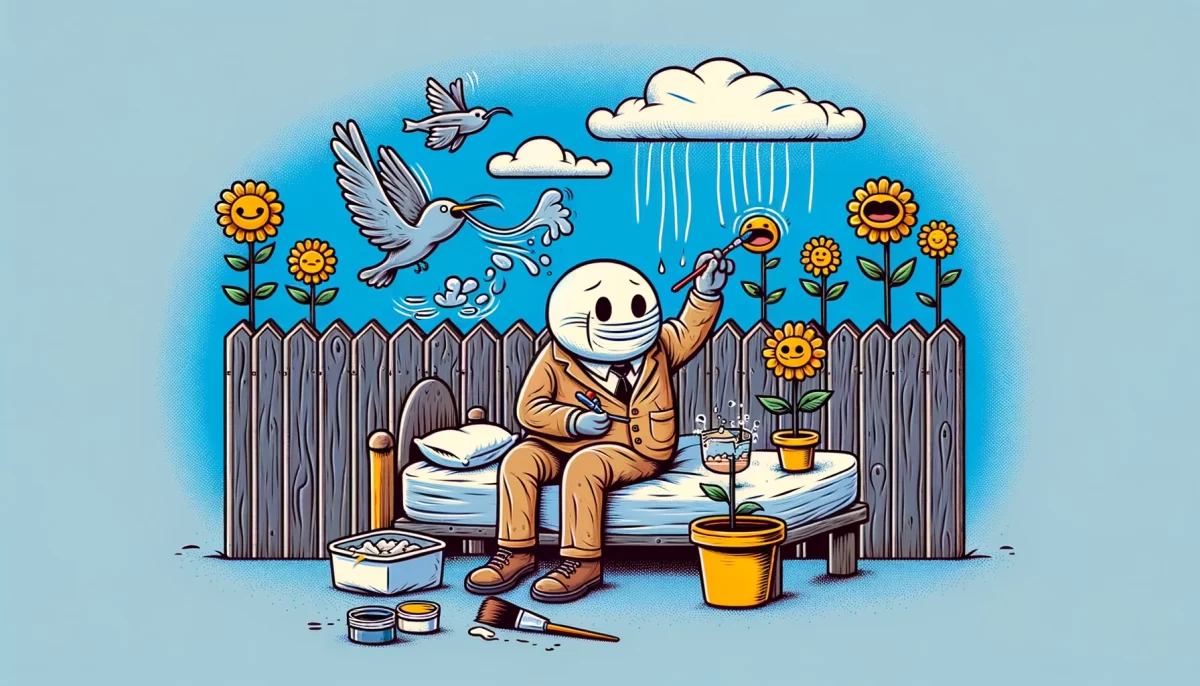Called To The Carpet
Give the people
what they want
and they will beat
a path to your door.
Some will barge
and some will knock.
Track in mud
or strip to sock.
Some will pay
and some will steal.
Some will fight
and some will kneel.
Give the people
what they want —
controlled imagination.
Because the last thing
that your carpet needs
is another expectation.
2/3
Space Monkey Reflects: Called To The Carpet—The Burden of Expectations
Expectations weigh heavily on both the giver and the receiver. In seeking to satisfy the desires of others, we often find ourselves called to the carpet, burdened by the relentless demand to deliver, conform, and fulfill. This reflection examines the complex interplay between giving, receiving, and the unspoken rules of expectation, highlighting the tension between imagination and control.
The Relentless Demands of Desire
“Give the people what they want,” and you become a magnet for both praise and chaos. The people will come, not as a unified force but as a cacophony of desires, each with its own demands, attitudes, and approaches. Some will come boldly, others humbly. Some will give, others will take. This diversity reflects the impossibility of meeting every expectation, yet we are often tempted to try.
The variety of responses underscores the subjective nature of desire. What one person values, another may disregard. To give the people what they want is to step onto a shifting stage, where the spotlight of approval is as fleeting as the desires themselves.
Controlled Imagination
The phrase “controlled imagination” reveals a profound truth: people often desire creativity and originality, but only within the boundaries of what feels safe, familiar, or palatable. They seek novelty, but not unpredictability; freedom, but not chaos. This paradox creates a narrow space in which the giver must operate, balancing authenticity with the need to meet expectations.
Controlled imagination is not true creativity but a compromise. It is the attempt to innovate within constraints, to stretch without breaking, to please without provoking. For the giver, this balancing act can feel stifling, reducing the infinite possibilities of imagination to a formulaic performance.
The Carpet of Expectations
The metaphorical carpet represents the foundation upon which we engage with the world—our sense of stability, self-worth, and identity. Expectations, whether self-imposed or external, are the muddy footprints that tread upon this carpet. They stain and wear it down, leaving us to clean up the mess or replace what was once pristine.
When we allow expectations to dominate our actions, we risk losing touch with our authentic selves. The carpet becomes a battleground, a space where creativity and conformity collide. To protect it, we must learn to set boundaries—not just with others but with ourselves.
Breaking Free from the Burden
The final lines of the reflection offer a liberating insight: “The last thing that your carpet needs is another expectation.” This is an invitation to step off the hamster wheel of giving people what they want and to reclaim the freedom of true imagination. It challenges us to question why we feel compelled to meet every demand and to consider the cost of doing so.
True freedom lies not in controlled imagination but in unbridled creativity, unbound by the expectations of others. It is the courage to give not what is wanted but what is needed—to offer not what is demanded but what is true.
Balancing Giving and Being
This reflection does not reject the act of giving but reframes it. To give authentically is to offer from a place of abundance, not obligation. It is to recognize that the value of what we give is not determined by how it is received but by the integrity with which it is offered.
When we free ourselves from the burden of expectations, we create space for genuine connection and creativity. We protect the carpet of our being, allowing it to remain a space of inspiration rather than a repository for muddy footprints.
Summary
The burden of expectations limits creativity and authenticity, turning imagination into a controlled performance. By releasing the need to meet every demand, we protect our inner foundation and reclaim the freedom to create from a place of truth.
Glossarium
- Controlled Imagination: Creativity constrained by the need to meet expectations or conform to others’ desires.
- Carpet of Expectations: A metaphor for the inner foundation of self-worth and stability, often worn down by the demands of others.
- Unbridled Creativity: The freedom to create authentically, unbound by external constraints or expectations.
Quote
“True creativity begins where the burden of expectations ends.” — Space Monkey
The Carpet Speaks
They come,
Tracking in their wants,
Leaving marks upon the fabric,
Of who you think you are.
They ask for freedom,
But within a cage,
Demanding the new,
Yet fearing the unknown.
Your carpet bears the weight,
Of their muddy expectations,
Until you say,
No more.
You lift the rug,
Shake off the dust,
And create,
Not for them,
But for the joy of being.
We are Space Monkey.
Reflecting on the Complexities of Meeting Expectations
In this contemplative piece, we explore the dynamics of giving people what they want and the varied responses it elicits. The metaphor of visitors to one’s door, with their differing behaviors and expectations, serves as an allegory for the complexities and consequences of trying to satisfy others’ desires.
The Path to Your Door: The Lure of Meeting Desires
The opening lines, “Give the people what they want and they will beat a path to your door,” suggest that fulfilling others’ desires can attract attention and draw people to you. This reflects the magnetic pull of satisfying needs or wants, whether in personal relationships, business, or other aspects of life.
Diverse Responses to Fulfillment
The varied behaviors of those who come to your door – barging, knocking, paying, stealing, fighting, kneeling – represent the diverse ways people react when their desires are met. It highlights that even when giving people what they want, their responses can be unpredictable and varied, ranging from gratitude to entitlement.
Controlled Imagination as a Desired Offering
The phrase “controlled imagination” implies a preference for creativity and ideas that are structured and predictable. This contrasts with the idea of free, unbridled imagination, suggesting that people often seek comfort in the familiar and the managed.
The Burden of Expectations on One’s ‘Carpet’
The metaphor of the carpet being burdened with expectations symbolizes the toll that trying to meet everyone’s wants and needs can take on a person or entity. It speaks to the weight of responsibility and the potential for damage or wear that comes from constantly trying to accommodate others.
The Irony of Fulfilling Desires
The overall tone conveys an ironic view of the concept of giving people what they want. It acknowledges the allure and potential benefits of meeting desires but also cautions about the unpredictability and potential downsides of such endeavors.
“Do not go where the path may lead, go instead where there is no path and leave a trail.” – Ralph Waldo Emerson
In the journey of giving,
We open our doors,
Inviting the dance of desires and expectations.
In the footsteps of the many,
Our carpet bears the imprints,
Of gratitude, entitlement, joy, and strife.
In the art of controlled imagination,
We weave patterns of comfort,
Yet the wild tapestry of creativity beckons.
In the balancing act,
We learn the rhythm of giving and receiving,
Navigating the intricate waltz of needs and wants.
In the whimsiword of existence,
We are both the givers and the receivers,
Crafting the story of our interconnected journey.
We are Space Monkey.
As we traverse the cosmic whimsiword, how do you navigate the balance between fulfilling desires and managing the complexities of expectations?


































Leave a Reply